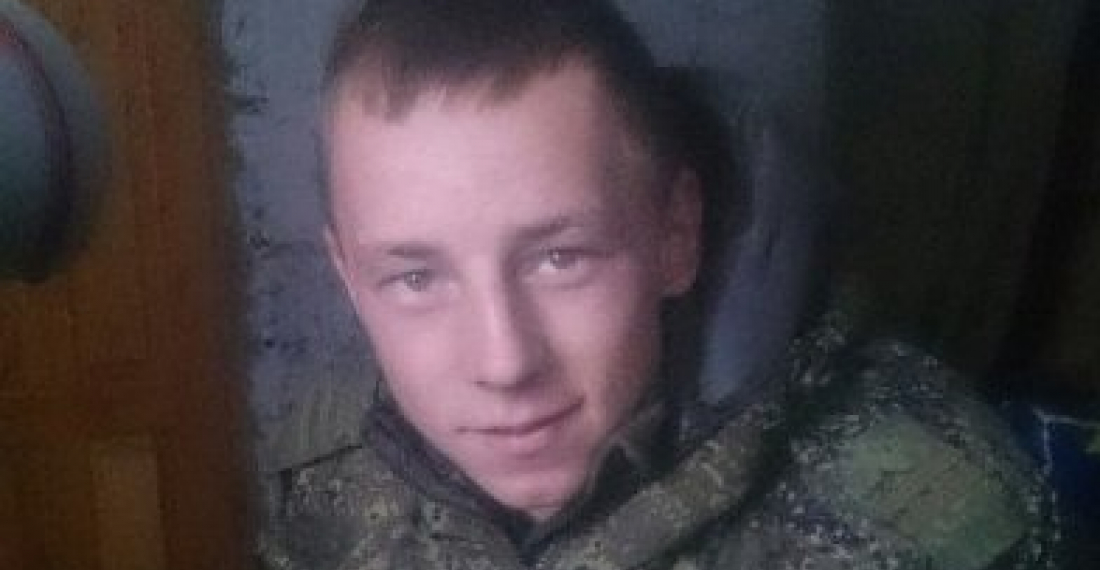A Russian soldier serving at the Russian military base in the Armenian city of Gyumri was stabbed to death on Saturday night (22 April) in a shopping area close to the base. The victim was named as 21 year old Dimitri Yalpayev who was a contract soldier.
Armenian media say that the authorites have identified the murderer, who they say was himself a former soldier, adding that he had mental problems whilst serving in the Armenian army recently.
Relations between the Armenian population of Gyumri and the Russian soldiers became very strained after an incident in January 2015 during which a Russian soldier killed a whole family of seven in their home.
Gyumri is the headquarters of the 102 Armoured Regiment of the Russian Army, which was recently also visited by President Putin. Around 3000 Russian soldiers are reported to be on the base, although some reports suggest that the numbers have recently increaed.
spurce: commonspace.eu with agencies
photo Russian soldier Dimitri Yalpayev, killed in Gyumri on 22 April 2017






